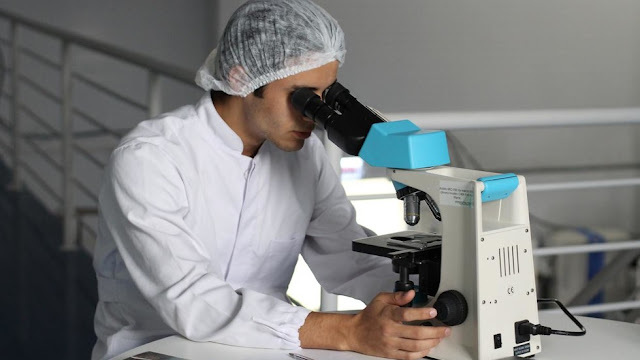Argentina's science, technology budget falls to lowest level since 2002
Aug. 18 (UPI) -- Argentina's scientific expedition "Talud Continental IV," which live-streamed the Mar del Plata submarine canyon using the remotely operated vehicle SuBastian, became a cultural phenomenon.
The recently completed mission averaged 500,000 viewers per broadcast and drew more than 17.5 million views in three weeks.
The mission, led by scientists from Argentina's National Scientific and Technical Research Council (Conicet) in collaboration with the Schmidt Ocean Institute, showcased the potential of Argentine science on the international stage.
However, that success contrasts sharply with the difficult situation facing scientific research in Argentina.
Related
- Argentina raises death toll from tainted fentanyl to more than 100
- Latin America's 2025 growth forecast rises slightly
- U.S. signs agreement to help Argentina re-enter Visa Waiver Program
- Argentina makes economic recovery, but opposition to Milei grows
- Argentine lawmakers debate emergency bill on child health crisis
The country's science and technology budget has dropped to 0.156% of gross domestic product, its lowest level since 2002, according to a July report from the EPC, a group of researchers, analysts and consultants specializing in science, technology and innovation policy.
The sector's share of GDP fell 48% compared to 2023. Spending in the first half of 2025 was down 19% from the same period in 2024, marking a decline of more than 40% in two years.
This is the lowest level recorded since 2002, when the country was in the midst of one of its worst economic crises.
Although the figure stood at 0.30% of GDP when President Javier Milei took office, severe cuts to science and technology have been made over the past two years as part of broader austerity measures to fund social programs.
The Ministry of Science was downgraded to a secretariat, while major research agencies faced steep reductions. Conicet lost 41% of its funding compared with 2024, the I+D+I Agency saw its budget cut by 67%, the National Institute of Industrial Technology fell 46%, the National Institute of Agricultural Technology lost 39.6%, the National Commission on Space Activities dropped 40%, and the National Genetic Data Bank saw its resources reduced by 50.4%.
The adjustment marks an unprecedented cut in government investment in science. In 2024, the state financed 59.5% of the country's research and development, while private companies contributed just 20.7% and universities 1.2%.
In research and development specifically, 61% of funding came from public agencies and universities.
Useful research as opposed to political research
The government, however, has prioritized other areas it considers key to development, including agribusiness, energy and mining, the knowledge economy and innovation, and health, while sidelining programs tied to climate change, the environment and social sciences.
The effects are already visible: insufficient resources for research, lack of equipment and supplies, suspended contracts, wage cuts and a growing brain drain of Argentine scientists abroad.
The effect on scientific employment is clear. An estimated 4,148 jobs have been lost in Argentina's National Science, Technology and Innovation System, a third of them at Conicet, which now has only 11,868 researchers.
For Guillermo Durán, dean of the Faculty of Exact and Natural Sciences at the University of Buenos Aires, the problem goes beyond economics.
"There is a political decision to dismantle Argentina's science and technology system and the high-quality public university system that has always set us apart as a country," he said. His faculty lost 13% of its teaching staff in 2024 due to budget cuts and salary reductions.
"These people decided to end a series of very good programs for Argentina. The damage they are causing could take many years to recover from," Durán warned.
Agustín Campero, president of the Alem Foundation and former secretary of Scientific and Technological Articulation under President Mauricio Macri, agreed on the seriousness of the situation.
"It is dire and will have severe consequences for Argentina's development," he said.
The Science System Financing Law, approved by Congress in 2021, set a schedule for the gradual growth of state investment in science and technology to reach 1% of GDP by 2032. That is what the scientific community and universities are now demanding.















